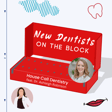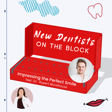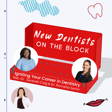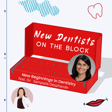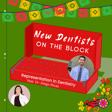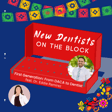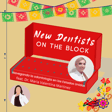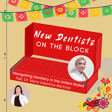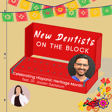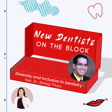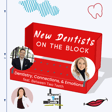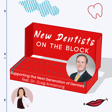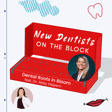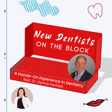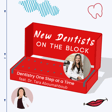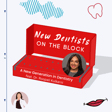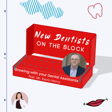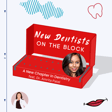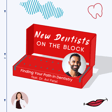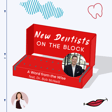
Navigating Public Health Dentistry w/ Dr. Alayna Schoblaske
Alayna Shoblaske, a dedicated dentist based in Medford, Oregon, as she shares her journey from dental school to serving in a public health setting. Discover the rewards and challenges of practicing dentistry in underserved communities, and gain valuable insights into loan repayment programs like the National Health Service Corps scholarship. Learn about the crucial role of organized dentistry and how it empowers professionals like Elena to make a difference. If you're a new dentist considering a career in public health, this episode is a must-listen!
About the Guest:
Alayna Schoblaske is a dentist based in Medford, Oregon. She grew up in Oregon and attended dental school at Oregon Health and Science University. After completing her dental education, Alayna did a GPR at the VA hospital in Washington, DC. She then returned to Oregon and began working at a federally qualified health center (FQHC), where she still practices today. Elena is passionate about public health dentistry and providing high-quality care to underserved populations.
Key Takeaways:
- Alayna Schoblaske's journey from dental school to working in a public health setting in Oregon.
- The benefits of practicing dentistry in a federally qualified health center (FQHC) and the ability to provide comprehensive care to underserved populations.
- Loan repayment programs, such as the National Health Service Corps scholarship and the Students to Service loan repayment program, can help dentists alleviate their student loan debt while working in public health.
- The importance of organized dentistry and the opportunities for mentorship, networking, and advocacy it provides.
- Advice for new dentists interested in public health, including getting involved in local dental associations and attending meetings and events to connect with other professionals in the field.
Connect with Alaya Schobloske on IG: @alaynathedentist
Learn more about the ADA New Dentist Committee
Connect with New Dentists on the Block: @newdentistsontheblock
Connect with Tanya Sue Maestas: @tsmaestas.dds
Full video on Youtube
Swing by Peyruis | https://soundcloud.com/peyruis Music promoted by https://www.free-stock-music.com Creative Commons / Attribution 3.0 Unreported License (CC BY 3.0) https://creativecommons.org/licenses/by/3.0/deed.en_US
